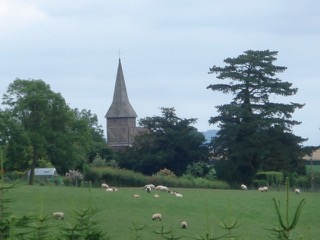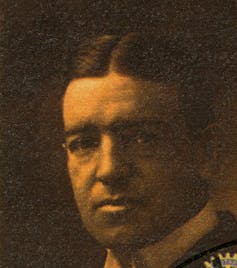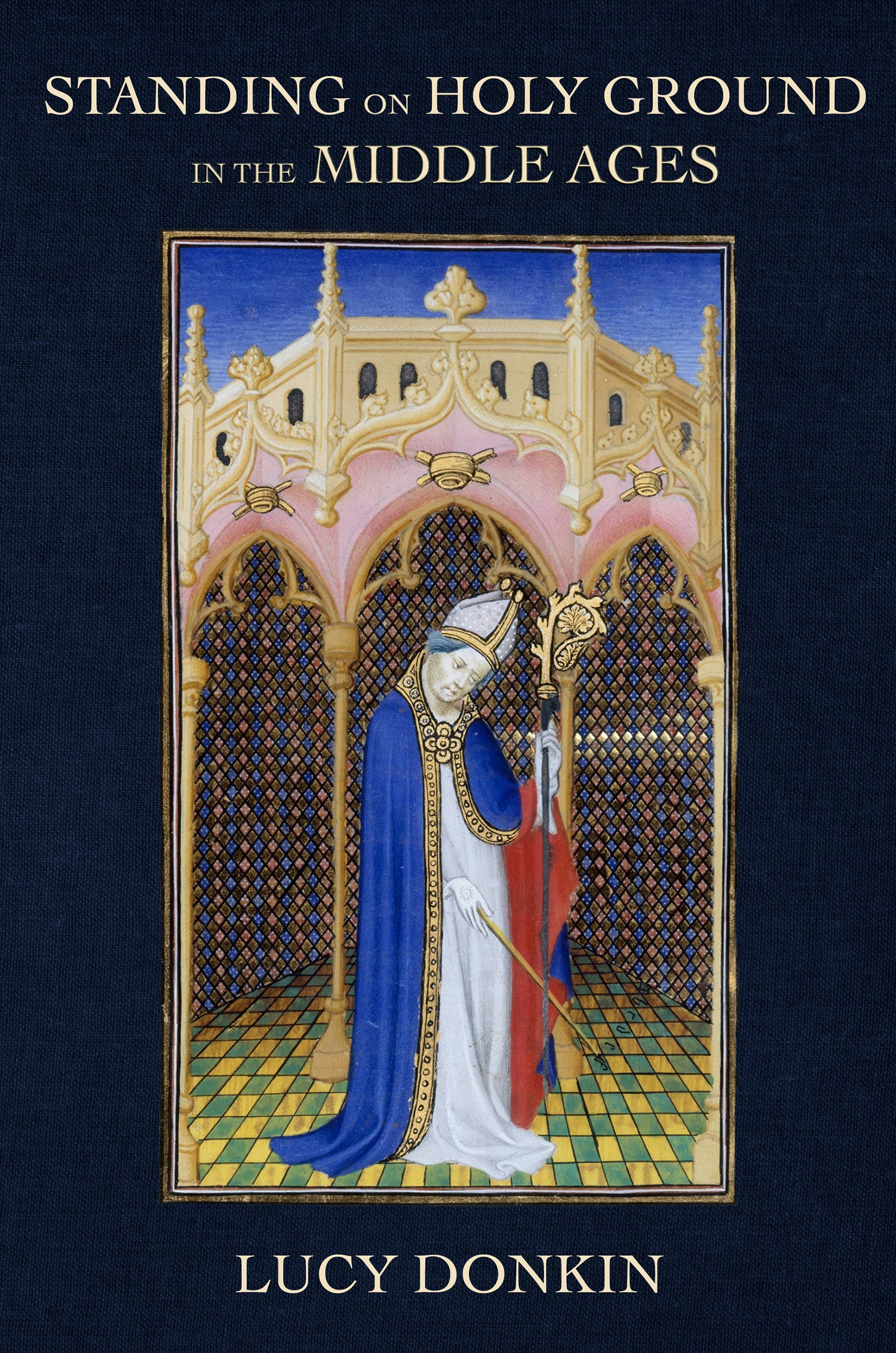We receive notifications of environmental humanities events and opportunities, and want to share a few we have received in the past couple of weeks.
New Master’s Program “Environment and Society” (RCC, LMU Munich)
CfA: Doctoral Candidate Positions (4 years): “Learning ‘Nature’: A Cross-Cultural Ethnography of Children’s Relationships to the Non-Human World” (RCC, LMU Munich)
Intensive Summer School: Environment and Society in Turkish and Global Contexts (Ibn Haldun University & Penn State University, in Istanbul)
New Master’s Program “Environment and Society” (RCC, LMU Munich)
The Rachel Carson Center for Environment and Society (RCC) at LMU Munich invites applications for its master’s program “Environment and Society,” which will start in winter 2022/23. The program is designed to equip students concerned about human impact on the planet with the interdisciplinary knowledge and humanistic understanding that practitioners and scholars need to tackle key social and environmental challenges in constructive ways ensuring sustainable and just futures for all. Further information about the program can be found on its website. The application deadline for the Winter Semester 2022/2023 start is 31 May 2022.
For prospective students interested in learning more about the MA “Environment and Society” and its application process, the program’s coordinators are offering two information sessions during this year’s application period. Each of these meetings will provide more detailed information about the MA and the application process, as well as include short Q&A sessions during which prospective students may ask questions of the program’s coordinators.
Registration for the info sessions is free but required. The dates and links to register for attendance are listed below:
Info Session 1: 13 April 2022, 11:00 CET (GMT+1), register here.
Info Session 2: 5 May 2022, 16:00 CET (GMT+1), register here.
Questions about the program or the application process may also be directed at envhum@rcc.lmu.de.
CfA: Doctoral Candidate Positions (4 years): “Learning ‘Nature’: A Cross-Cultural Ethnography of Children’s Relationships to the Non-Human World” (RCC, LMU Munich)
The Volkswagen Foundation “Freigeist” Research Group “Learning ‘Nature’: A Cross-Cultural Ethnography of Children’s Relationships to the Non-Human World” invites applications for two funded doctoral positions (salary group TV-L 13, 65%, 4 years, additional funds for field research available). Deadline is 15 May 2022.
The doctoral candidate will research how cultural practices of socialization shape children’s understandings of the nonhuman world and reproduce specific modes of interacting with the environment. Possible research focuses include children’s morality, children’s relationship with “nature,” children interactions with nonhumans, ecological pedagogies, etc. Preference will be given to candidates who plan to undertake their fieldwork in intentional/utopian communities with a strong focus on ecological or pedagogical issues. The candidate is expected to carry out one year of ethnographic field research and to be fluent in the language of the field site. The candidate is also expected to conduct independently their original research project within the general themes of the project. A master’s degree in the social sciences is required (social anthropology, psychology, education, environmental studies, etc.). The successful applicant will actively contribute to project team activities, together with the PI and the postdoc, such as reading groups and the organization of workshops. Experience in interdisciplinary research is a plus.
Disciplinarily grounded in anthropology, with methodological and analytical inputs from developmental psychology and linguistic anthropology, the research group investigates how understandings of and interactions with the nonhuman world are shaped by early, culturally-specific socialization practices. The project looks at how different socialization practices give rise to distinctive phenomenological and moral experiences of nature and the nonhuman world and how such experiences have an impact on the ways in which the environment is conceptualized and lived. The broader scope of this project is to lay the groundwork for a better appreciation of culturally-specific processes of learning about the nonhuman world and to gain practical insights that can inform educational interventions. Each member of the research team will focus on one particular case study and will independently conduct research, but the project includes periods of collaboration to foster connections, consistency, and comparison. Potential candidates are invited to suggest a specific research focus and field site that can contribute to the overall goals of the project.
The Learning “Nature” Research Group is based at the Rachel Carson Center for Environment and Society (RCC), a joint initiative of Ludwig Maximilian University Munich and the Deutsches Museum. The RCC is the largest Center for Advanced Study in the environmental humanities worldwide and hosts numerous international scholars working on environmental topics. The doctoral candidate will be based in Munich and affiliated with the doctoral program in Environment and Society at the RCC. The doctoral candidate will engage with and profit from the RCC’s lively research community, its regular Colloquia series and workshops, as well as interactions with scholars working across the environmental humanities.
Please submit your application by 15 May 2022 as a single PDF to francesca.mezzenzana@rcc.lmu.de with the subject: Freigeist PhD position.
The following documents are required:
- An academic curriculum vitae (including publications and awards, if applicable);
- A letter of motivation in which you summarise a) your experience and interests; b) why you are applying for this position; and c) why you are the best candidate (2 pages max);
- A project outline detailing the proposed regional case study as well as a sketch of how you would address the topic theoretically and methodologically (2 pages max);
- Your master’s thesis (if in a language other than English, please provide a table of contents and a summary of max. 5 pages in English)
- The names and contact information of two academic referees (NB: these will only be contacted if you are shortlisted).
Interviews for the position will be held in late May/June 2022. The position will begin in October 2022 at the earliest.
For applicants unfamiliar with the German academic system, a TV-L 13 65% position provides a liveable salary, full tuition, and benefits including full healthcare, pension contributions, six weeks paid vacation, and parental leave (if required). As the candidate will be a state employee, they are required to have German health insurance and to make contributions to the German tax and social welfare system. Please note that knowledge of German language is not required for this position. Working hours are flexible, and the RCC offers a family-friendly working environment. The RCC can also assist, if necessary, with work permits and visas. We especially seek applications from qualified individuals with disabilities and welcome applications from women.
For further information and questions regarding the position, please contact the PI Dr. Francesca Mezzenzana (francesca.mezzenzana@rcc.lmu.de).
Click here to download pdf.
Intensive Summer School: Environment and Society in Turkish and Global Contexts (Ibn Haldun University & Penn State University, in Istanbul)
The departments of history at Ibn Haldun University and Penn State University are happy to announce an intensive summer school on environmental history titled, “Environment and Society in Turkish and Global Contexts.”
An Intensive Summer School on Environment and Society in Turkish and Global Contexts, June 13-24, 2022, Süleymaniye Complex, Istanbul
The departments of history at Ibn Haldun University and Penn State University are happy to announce an intensive summer school on environmental history titled, “Environment and Society in Turkish and Global Contexts.”
The program will run for two weeks and is comprised of lectures, discussion sessions, and field trips around the historic capital Istanbul. It will feature some of the most prominent figures in the field, including:
- Halil Berktay (Ibn Haldun University, Turkey)
- Lisa Brady (Boise State University, USA)
- Suraiya Faroqhi (Ibn Haldun University, Turkey)
- John R. McNeill (Georgetown University, USA)
- Julia Adeney Thomas (Notre Dame University, USA)
The program will be held at the iconic Süleymaniye Complex, built in the middle of the sixteenth century by Sultan Süleyman I.
Tuition: $400 (includes lunches, tea/coffee, and field trips)
Seats are limited to 20 people
Application: To apply, please submit your CV and a short letter of interest to summerschool@ihu.edu.tr
Timeline:
- Application deadline: April 15, 2022
- Decision notification: April 22, 2022
- Program dates: June 13-24, 2022
If you have questions about the program and housing recommendations, please feel free to e-mail the IHU Summer School Deputy Directorate at summerschool@ihu.edu.tr
Organized by Fatih Çalışır (Ibn Haldun University) and Faisal Husain (Penn State University).












